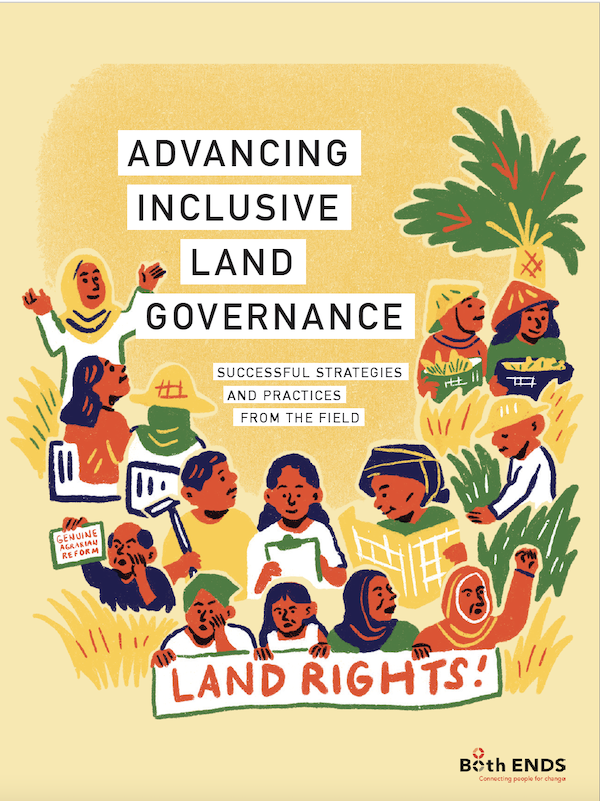Resource information
Land lies at the very foundation of our society and social life; it plays a central role in the livelihoods and cultural identities of communities across the globe, and contains the resources that underpin our now globalised world. However, partly because of this, it is often at the heart of social and political conflicts. Increasing demand for food, energy and other primary products is driving agribusinesses, mining companies and speculative investors in a quest for new land to acquire and exploit. Unjust and unsustainable use of already converted lands has contributed to alarming levels of inequality, corruption, livelihood insecurity, environmental degradation, and human rights violations, further perpetuating the problem of land injustice. These patterns of inequality, exploitation and expansion are central to the environmental, social and economic crises that we now face as a global community, with the worst impacts often falling on land-dependent communities.
Strong land governance is therefore crucial in managing land in a just, conflict-free and sustainable manner. This works best when local communities and rights-holders are placed at the centre of planning and decision-making, are able to define their own priorities and pursue them in meaningful and self-determined ways. However, formal land governance processes and decision-making often overlook or ignore the needs and perspectives, and sometimes even existence, of local communities, Indigenous Peoples and marginalised groups.
In order to address and overcome this situation, Both ENDS works together with a diverse network of Civil Society Organisations (CSOs) on inclusive land justice and land governance agendas. Collaborating and engaging with communities and decisionmakers, these organisations actively identify, implement and advocate for inclusive land governance and sustainable land-use policies and practices that suit their local context. Local CSOs possess a wealth of knowledge and experience on the effectiveness of specific practices, as well as the strategies, tools and considerations that contribute to successful land justice efforts.

